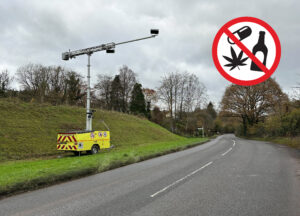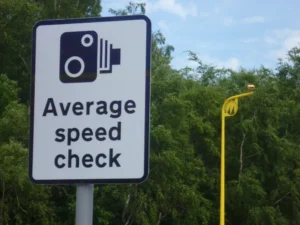Drug-drivers could be required to undertake rehabilitation courses before being allowed back behind the wheel, under new plans by Transport Secretary Grant Shapps and the Department for Transport.
Drink-drive related deaths and injuries are now very rare on UK roads, with deaths having fallen 88% between 1979 and 2015. However, there has been an increase in drug-related driving offences, with over 12,000 convicted in 2019 and 44% committed by re-offenders.
Government figures show 713 people were seriously injured in drug-driving collisions in 2020, up from 499 in 2016, and some Police Forces are arresting more drug drivers than drink-drivers. That’s why the Government is taking action to protect the public and make drug-driving as much of a “social taboo” as drink-driving.
Currently, those convicted of drug-driving are handed a driving ban, prison sentence or fine by the courts, but aren’t required to complete rehabilitation courses before resuming driving – unlike drink-drivers. In a call for evidence, Government is asking whether drug-drivers should likewise have to undergo rehabilitation, helping better protect the public.
Transport Secretary Grant Shapps said, “Drink-driving is now rightly seen as a social taboo by most of us in this country and we have worked hard to drive down drink-drive related deaths.
“But if we are to make our roads safer still, there is no room to be lax on drug-driving, which is why I have launched this call for evidence today.
“It’s only right that drug-drivers must undergo rehabilitation before getting back behind the wheel, helping protect the public from this hidden problem and stamping out drug-driving for good.”
Statistics show non-attendees to drink-driving rehabilitation courses are over twice as likely to commit a new drink-driving offence within three years, so by offering high-risk drug-driving offenders the same support, Government hopes to bring down the number of repeat offenders.
The new call for evidence will also ask whether we should bring the way specimens are taken in line with current medical practice by using vacuum blood extraction, decreasing the risk of blood borne viruses to healthcare professionals.
It will also seek views on the relationship between medicinal cannabis and road safety, in another move to ensure road safety policy keeps up to date with changing societal norms.
The Government says this is the first of several steps it is taking this year to reduce the problem of drink and drug driving. Later this year, Government will seek views on other drink and drug driving matters, such as failing to stop after a collision and the criminal use of vehicles.
(Picture – Yay Images)























